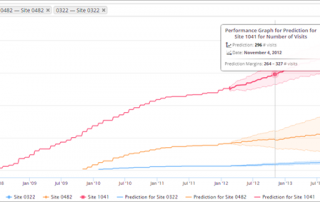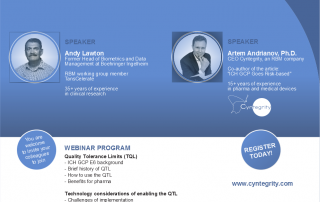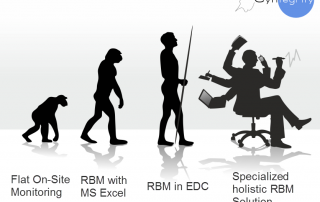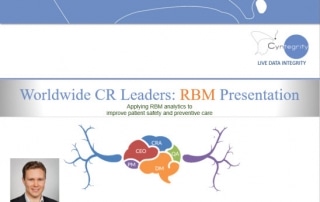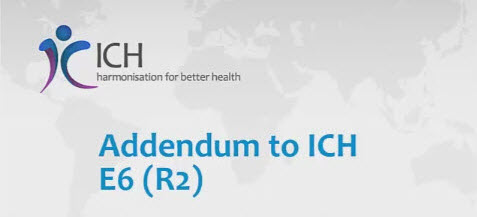Predictive Analytics in Risk-Based Monitoring – Part I
Predictive Analytics is a very useful tool in risk-based monitoring and overall risk-based study management. It increases the proportion of correct decisions once the decisions start to become more data-driven. It also helps to understand for a central CRA or study manager the trending [...]


